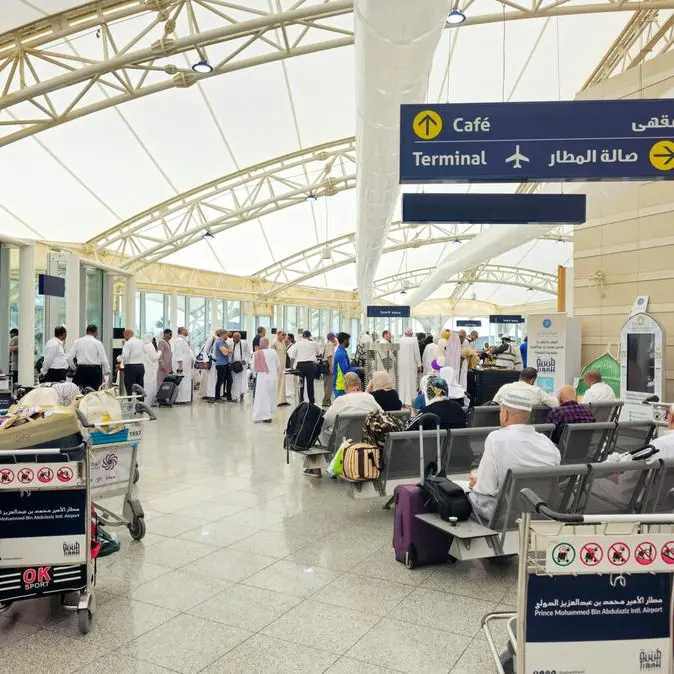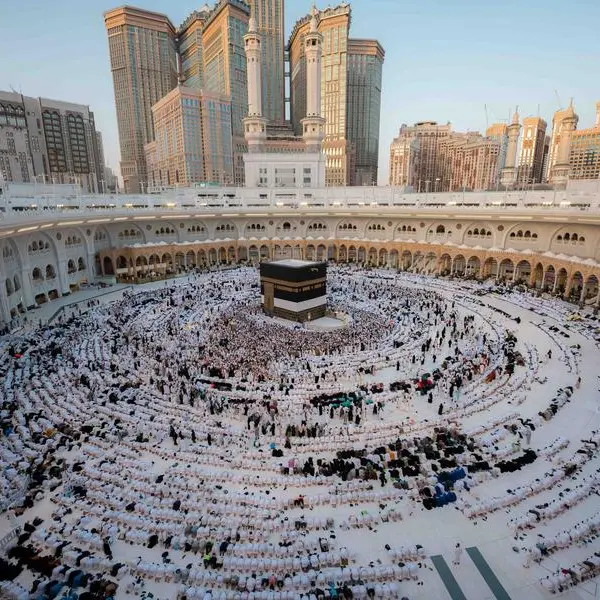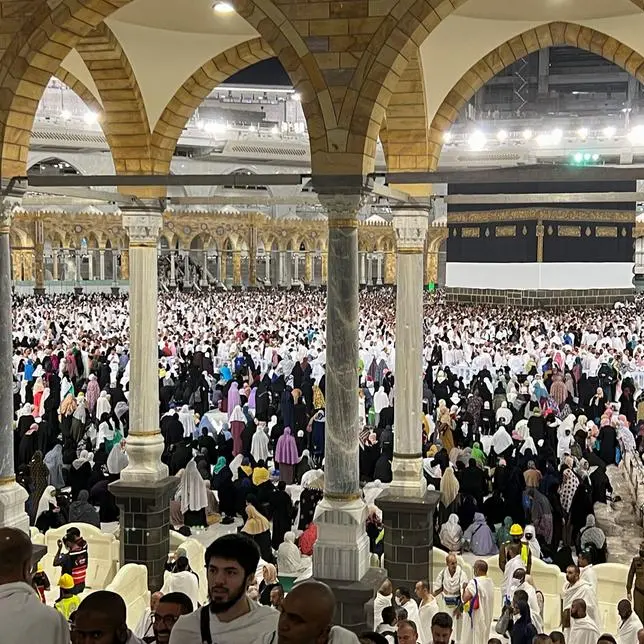PHOTO
UAE - Relatively speaking, the UAE is a small country. However, Muslim prayer timings vary across the country as they are directly connected to the position of the sun in the sky. During the holy month of Ramadan — which began on Thursday, March 23 — Muslims start their fast when the call for the Fajr (dawn) prayer is given out and end it at Maghrib (dusk) prayer call.
Since the timings of the Fajr prayer call vary, residents on one end of the country begin their Ramadan fast as much as 19 minutes before those on the other.
According to the Islamic Affairs and Charitable Activities Department (IACAD) website, in Khor Fakkan, which lies on the east coast of the UAE, the call for Fajr prayer on Ramadan 1 was given out at 5am. Towards the west, in Sila, this is at 5.19am. This means Khor Fakkan residents began their fast 19 minutes before those in Sila did.
Similarly, the time to end the fast also varies. In Khor Fakkan, Maghrib on Ramadan 1 is at 6.30pm. In Sila, it is at 6.47pm. This means Khor Fakkan residents would end their fast 17 minutes before those in Sila would.
The overall fasting hours will remain the same, give or take a couple of minutes.
Inter-emirate time difference
Prayer timings — and therefore fasting start times — vary between Emirates as well. For instance, on Ramadan 2, Abu Dhabi city residents will begin their fast at 5.06am, while those in Dubai and Sharjah start five minutes earlier at 5.01am.
The UAE transitioned into the spring season on Tuesday. This translates into shorter fasting hours for those abstaining from food and drink from dusk to dawn during the holy month.
At the beginning of the month, the fasting hours would be 13 hours and 43 minutes. It will cross the 14-hour mark around Ramadan 15. By the time the holy month ends, the fasting hours would have increased to nearly 14-and-a-half hours.
Copyright © 2022 Khaleej Times. All Rights Reserved. Provided by SyndiGate Media Inc. (Syndigate.info).





















